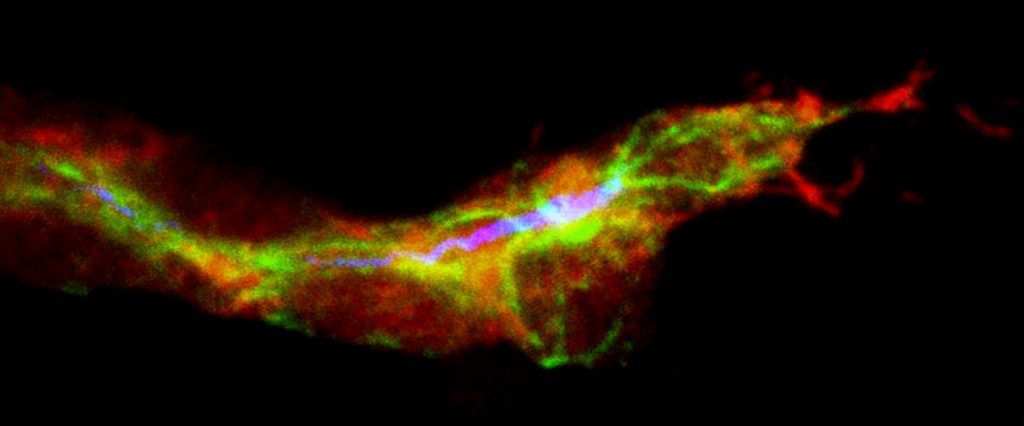Adults suffering from diseases such as leukemia, lymphoma, and other blood-related disorders may benefit from life-saving treatment commonly used in pediatric patients. Researchers at the Icahn School of Medicine at Mount Sinai have identified a new technique that causes cord blood (CB) stems cells to generate in greater numbers making them more useful in adult transplantation.
The study, published in the May issue of The Journal of Clinical Investigation, looked at ways to expand the number of hematopoietic stem cells (HSC) in the laboratory required to replenish and renew blood cells. Cord blood stem cells have the ability to rapidly divide in the presence of combinations of growth factors but they often lose their marrow-repopulating potential following cell division. Researchers looked at ways to overcome this limitation by inducing a genetic program by which a stem cell retains its full functional properties after dividing in the laboratory.
“Cord blood stem cells have always posed limitations for adult patients because of the small number of stem cells present in a single collection,” said Pratima Chaurasia, PhD, Assistant Professor of Medicine at the Tisch Cancer Institute at Mount Sinai. “These limitations have resulted in a high rate of graft failure and delayed engraftment in adult patients.”
Researchers used a technique called epigenetic reprogramming which reshaped cell DNA by treating cells with a combination of histone deacetylase inhibitors (HDACI) and valproic acid. The VPA-treated cells produced a greater number of repopulating cells, and established multilineage hematopoiesis in primary, secondary and tertiary immune-deficient mice.
“We’re excited by these results. The findings have important implications for patients battling blood cancers and the difference between success and failure of life saving stem cell transplants.” added Ronald Hoffman, MD, Albert A. and Vera G. List Professor of Medicine, Director of Myeloproliferative Disorders Research Program at the Tisch Cancer Institute at Mount Sinai.
Story Source:
The above story is based on materials provided by The Mount Sinai Hospital / Mount Sinai School of Medicine.





